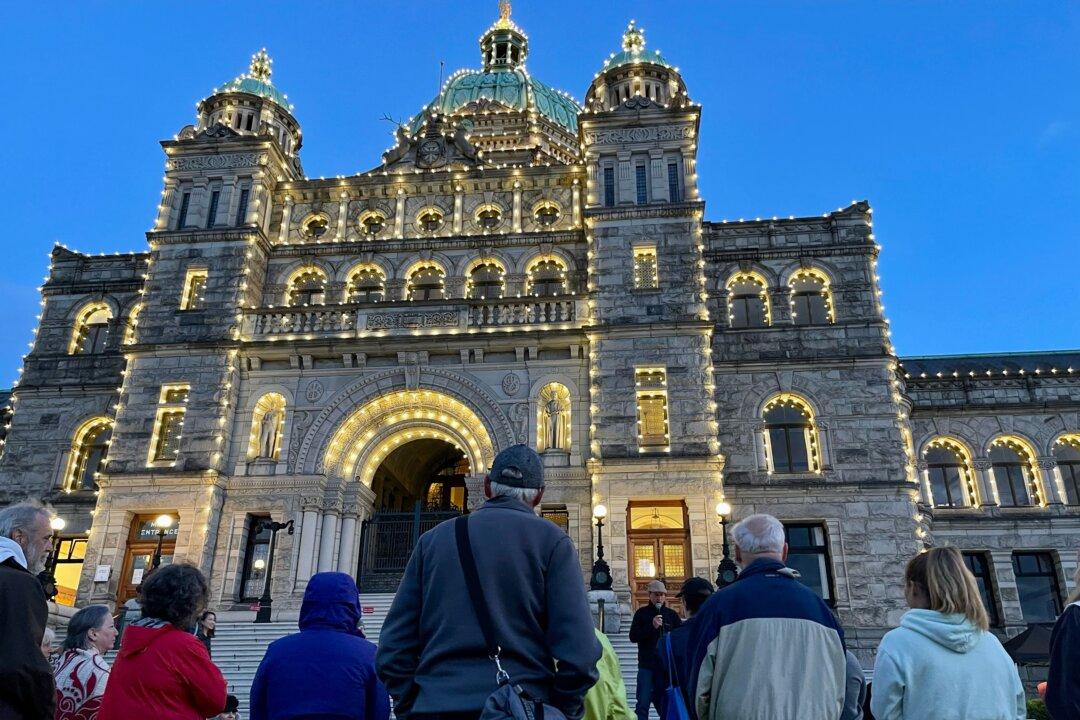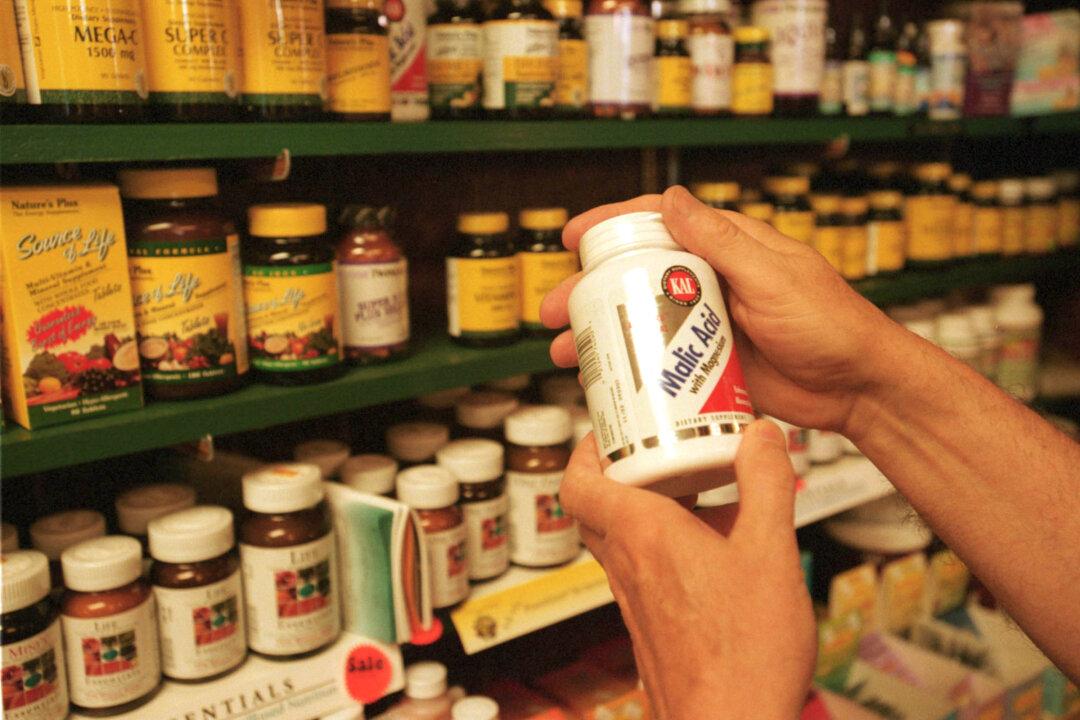Ron Nigut is a familiar face outside his BC MLA’s constituency office. Since his wife, Susan Hiebert, passed away in December 2021, he has made the hour-long trek most weeks from his home in Bowser, B.C., to Minister Josie Osborne’s locale in Port Alberni, holding a sign seeking recognition for his wife.
Nigut says Hiebert officially died of cancer. But he says he noticed his wife’s condition immediately worsened after she received a COVID-19 vaccine. He says he has been trying to confirm this with the medical community and government authorities, but his attempts to get answers have been ignored.





